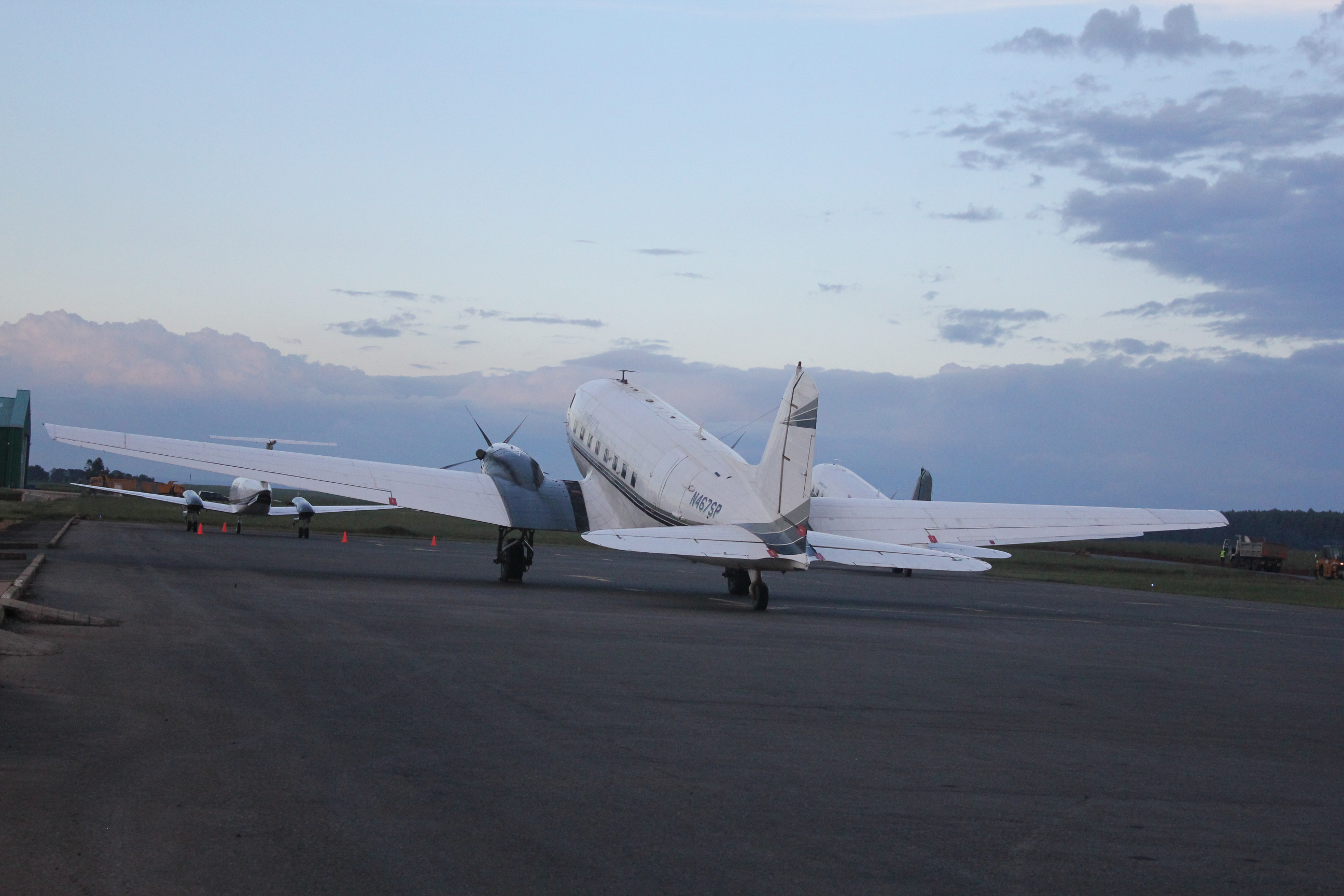By Qaabata Boru – kakuma.news@gmail.com
The Trump administration’s proposed restrictions and ban on immigration have compounded stress and trauma that is experienced by the camp refugees.
President Trump’s negative polices on refugees have led to a perception of reduced freedom, safety and social connection for those directly affected, as well as the immigration society at large.
In Kakuma refugee camp, thousands of refugees have had their resettlement to the United States abruptly stopped, which has caused fear and confusion over their shattered dreams from early 2017.
According to the refugee resettlement agency in Nairobi, more than 3,000 refugees from more than eight countries were stopped on their way to United States between the months of January to August of 2017.
The reality is that the immigration ban has affected a demographic that seems to be more and more at risk of the dehumanizing effects of prioritizing white Western privilege in place of recognizing and safeguarding the basic human rights of marginalized peoples. The most fragile demographic to be hit by the ban and in turn told that their lives are worth less than the average Westerner are refugees.
Section 5 of the ban suspends US refugee applications for 120 days and has lowered the previous quota of people granted admission to the US from 110,000 to just 50,000 and then 45,000.
Since the revised travel ban executive order, several lawsuits and struggles within the circuits of courts of appeal to block Trump’s executive orders remain a huge challenge that is now fundamentally changing American history in the Trump era.
In October a Federal Judge and the Attorney General of Hawaii opposed the revised ban which included citizens from Chad, Libya, Somalia, Iran, Yemen, Syria, North Korea and Venezuelan government officials and their families. This was a continuation of Trump’s promise to exclude Muslims from the United States of America, but the fact remains that there are strong anti-refugee sentiments in politics in the West at a time when a more strenuous, humanitarian response is needed in regards to the refugee crisis globally.
From Kakuma and other refugee camps in Africa, the resettlement process is too complex combined with serious vetting and delays. Refugees must wait for settlement vetting and security clearance even after resettlement applications have been accepted by foreign embassies, which would range from 3 – 5 years. This waiting period is excluding the number of years (an average of 15 – 20 years) that an individual refugee or a family has to be waiting in isolated refugee camps.
To date there are over 65 million displaced people in the world. In Kakuma Refugee Camp in Kenya there are at least 160,000 displaced persons, many hailing from Sudan and Somalia, two of the countries listed in the travel ban. Since the order was put into effect admissions to the US on the refugee program has dropped from 1800 per week to just 2.
 (Humanitarian airlines operating between Kakuma to Nairobi. Photo credit: Qaabata Boru/KANERE)
(Humanitarian airlines operating between Kakuma to Nairobi. Photo credit: Qaabata Boru/KANERE)
People in Kakuma have fled civil war, famine and persecutions in their countries of origin only to find themselves at the mercy of underfunded and restrictive humanitarian agencies that struggle to meet the needs of this growing population. The Trump administration project to cut funding for humanitarian agencies such as the United Nations has led to the food rations being cut in refugee camps due to underfunding and such growing dependence on agencies due to instability in other regions. At times the World Food Program – WFP has had to cut the recommended daily emergency ration by half. This will continue with areas in Somalia, South Sudan, Ethiopia, Yemen & Nigeria experiencing severe famine and the decrease in funding.
The Trump administration is also aiming to ensure more people will experience famine with their stance on Climate Change, effectively creating an environment where there is a heightened chance of severe weather conditions creating environmental refugees.
The United Nations High Commissioner for Refugees, Filippo Grandi, said the US represented a “Gold standard for refugee protection” and was a powerful model for all countries. Trump’s government jeopardizes this at the exact time when we need to be doing more not less, in a joint action by world leaders.
It seems however that there is much being said in our silence towards refugees. The “international community” are more invested in protecting their privilege as westerners than ensuring displaced peoples are afforded the same security and freedoms they champion as human rights.
While reducing immigration was one of Mr. Trump’s core promises when he ran for presidency it’s not yet clear what number of the refugees would be allowed into the US under his administration in fiscal year, 2018.
